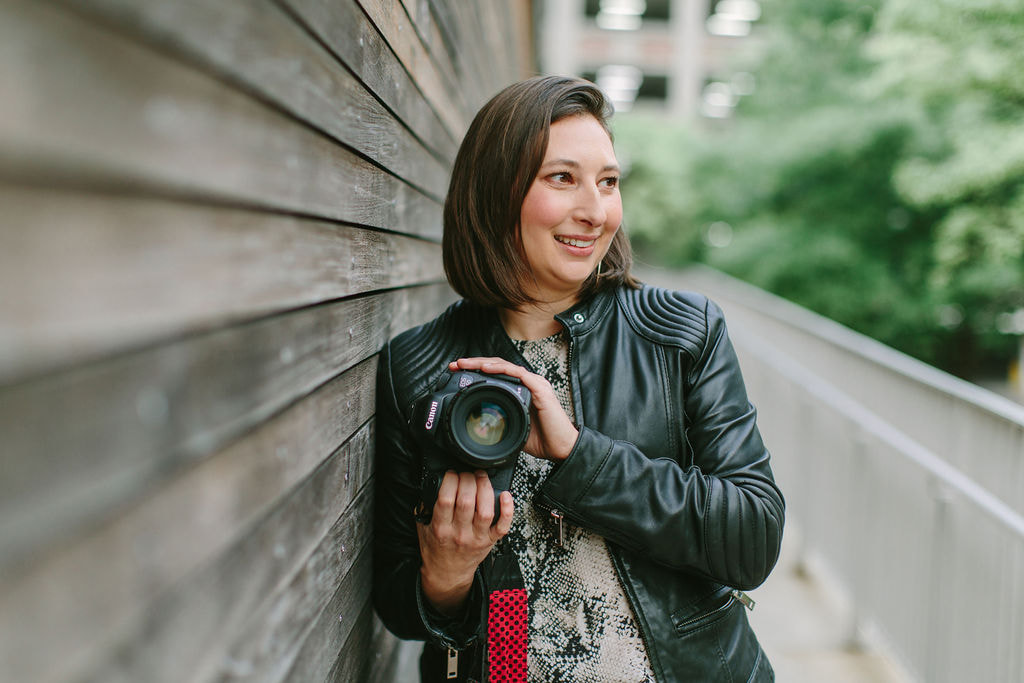I’m Vice President of the Parkside Plaza Condominium Homeowners Association (PPCA), a “vertical village” of over 200 households on 18 floors. Since the first of March I’ve also been the Covid19 lead / point of contact for residents and staff.
How has your life changed since the community has been impacted by Coronavirus?
I used to travel away from home nearly 50% of the time and am now grounded. When at home, I was out in the community (by car) on a daily basis. Am now in my car once a week if that often. I’m sleeping more, reading more, and happily eating more healthfully. I’m also walking extensively on a daily basis.
Are you working more or less?
Definitely more. I’m retired and my “work” responsibilities are voluntary service positions. PPCA responsibilities pre-Covid were quite secondary to my service as chair of the international Board of Trustees for a UK-based charity with operations in 37 countries. Both time commitments have increased since Covid19, and PPCA is now roughly equal to the charity.
What are you most afraid of?
Forgetting to place as much priority on my own physical, emotional and spiritual health as I do on the health of others here and around the world. My community of friends and family is global and I have friends who have been ill and thankfully recovered in Sweden, Kenya, the UK, New York. Sadly, a NYC friend’s grandfather died last Thursday and the husband of my recovered friend in Sweden is gravely ill and unlikely to survive. Another friend helpfully – and forcefully! – reminded me that it’s important to put on my own oxygen mask before helping others.
I’m also afraid that self-interest and the American “up by your bootstraps” fable (that is really just a cover story for, “I’ve got mine; you get yours”) will win out over empathy and mutual responsibility as we define whatever emerges as the new normal.
Growing income inequality has proven that unbridled capitalism more realistically defines the “American dream” than any notion of equal opportunity to succeed in life. Covid19 is a stress test on steroids for how we treat those on the margins and those with less access – to health care, good jobs with adequate benefits, safe housing, you name it. We’re not looking too good so far.
On a very concrete level, I’m fearful that the science- and fact-denying people on the political fringes of American life will literally blow up any meaningful attempt to flatten the curve in a lasting way.
What are you most hopeful for?
That the earth is getting a chance to rest and that many aspects of life – commerce, personal satisfaction, adventure – which we thought required getting on airplanes, really doesn’t.
That people are discovering how deeply we need one another and are actively deepening relationships despite physical distancing.
What has been the most challenging part of this experience for you?
I’m an introvert to a fault and disciplined myself before Covid to get out and engage – at church, in community meetings, connecting with friends – and now that is all much more difficult. Despite my introversion I’m also a hugger and I deeply miss direct human contact.
Is there anything – even a tiny thing – you enjoy or like about sheltering in place?
It has felt good to be more consciously self-reliant. I have never been much of a cook (successive boyfriends who were gourmet cooks), but I’ve enjoyed dusting off my limited repertoire and learning how to cook new things. It’s also been good to realize how many things that I once considered essential were in fact easily done without or just consciously rationed.
What do you think society as a whole will learn from this experience?
In other parts of the world (Germany, a prime example) we’ve quickly learned that facts, science, and preparation matter. The U.S. is tragically behind the learning curve of developed nations. I hope (as noted above) that as the human family we learn that empathy is a higher calling than individual success.
How are you coping with stress/taking care of yourself?
Long walks have become treasured parts of my day. I am consciously connecting with friends and family members on a daily basis. I take the opportunity once a week to enjoy a safely physically and socially distanced dinner with a treasured friend. Online worship on Sundays (both my local Episcopal Church and from Washington National Cathedral) is deeply meaningful.
When future generations ask, what will you tell them about this time in your life?
That I was strangely grateful that I had 30 years of experience working nationally and internationally on the HIV pandemic and did my best to apply everything I had learned to help my community – my friends and neighbors – cope with this more recent pandemic.
What would you like your friends and neighbors in Silver Spring/Montgomery County to know?
That we have incredible capacity to care for one another and to keep one another safe by making simple changes in our behavior. And if we are privileged to have secure income, we have an obligation to be as generous as possible to those who don’t.
Want more? Check out our archives:
Linda Perlman Tabach
Dan Reed, Just up the Pike
David "Moe" Nelson, NOAA, King Teddy
Mike Diegel, Source of the Spring
Lene Tsegaye, Kefa Cafe




 RSS Feed
RSS Feed

